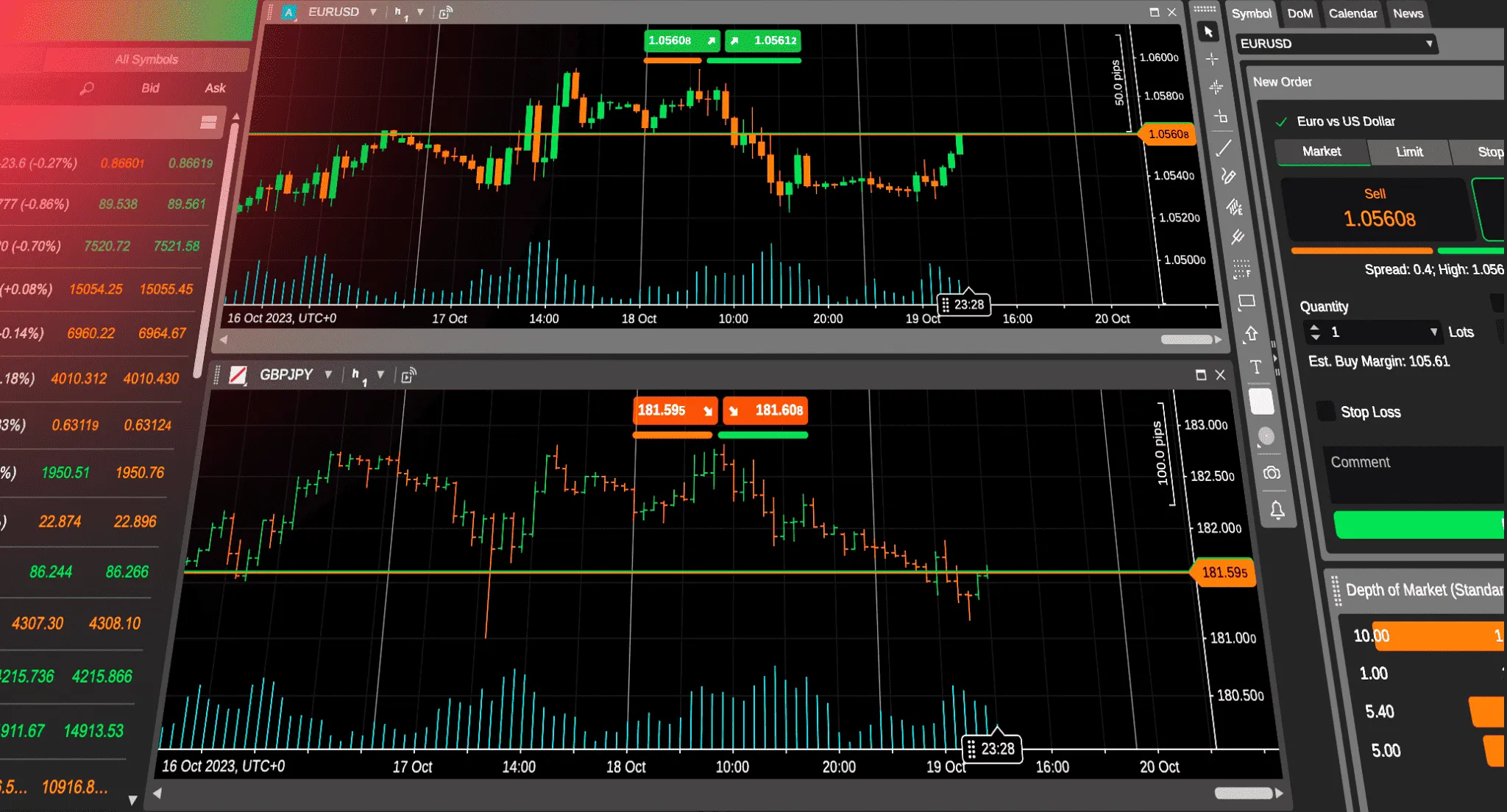Market recap: Week of 18–22 Dec 2023

Gold trends
CNBC & World Gold Council: Costco CFO Richard Galanti revealed impressive sales figures, with over $100 million in gold bars sold in the latest quarter. This surge aligns with a 12% increase in spot gold prices this year.
JP Morgan anticipates a breakout rally in 2024, forecasting a peak of $2,300 per ounce amid expected interest rate declines, as outlined in their recent commodities outlook. November saw a notable slowdown in global gold ETF outflows, particularly in North America, which attracted net inflows of $659mn.
In contrast, Europe experienced outflows for the sixth consecutive month, shedding nearly $2bn in November.
Japan monetary policy
Reuters: In a recent Reuters poll, over 20% of economists anticipate the Bank of Japan (BOJ) will initiate a shift from ultra-loose monetary policies come January.
Meanwhile, central banks in other developed nations are more cautious, pausing rate hikes and contemplating cuts in the upcoming year.
It might be prudent for Governor Kazuo Ueda to prompt BOJ leadership to weigh the possibility of lifting the negative interest rate this month. The BOJ decision affects not only Japan's economy but also global dynamics.
Red Sea disruption
The Guardian, SP Global, GCaptain and Reuters: Oil prices rose 2% on Monday due to concerns over disruptions in maritime trade after Houthi attacks on Red Sea ships.
BP halts Red Sea oil and gas shipments amid increased Houthi strikes. The Suez Canal, crucial for global oil flow, sees challenges. Brent oil surges, eyeing $81.00, according to analysts. About 9% of global oil demand and 8% of LNG shipments pass through these critical routes.
UK wage inflation
The Guardian, Birmingham Mail and Economies.com: The Bank of England emphasises the need for sustained easing of pay growth to tackle wage inflation, signalling no immediate interest rate cuts. Six MPC members voted to maintain borrowing costs at 5.25%, while three favoured an increase to 5.5%.
Meanwhile, HSBC UK advises customers to save three months of living expenses for financial resilience. According to analysts, GBPUSD broke below 1.2720 in the currency market, setting the stage for potential declines to 1.2590-1.2560.
UK Economy
Financial Times and ExchangeRates.org: Concerns arise as Daniel Ivascyn, CIO at Pimco, expresses caution on the UK's economic outlook for next year. Larger bets on UK government bonds signal anticipation of heightened economic strain, with potential hard landing risks.
Recent data shows an unexpected 0.3% contraction in the UK economy for October. ING suggests a rise in global yields may impact GBP/USD, but envisions a rebound to 1.28/30 in 2024 amid a weak dollar. Economic indicators underscore the need for vigilance in navigating potential challenges ahead.
Japan currency trends
ING and Reuters: The Bank of Japan maintains ultra-loose policy, awaiting evidence on wage and price rises before considering stimulus shift. Yen falls 1.0% against the dollar post-announcement.
ING holds a bearish outlook on USD/JPY in 2024, citing oversold yen benefits from the end of negative rates in Japan. Gradual depreciation expected, with a decisive break below 140 in 2Q24.
Reuters poll: 80% of economists anticipate BOJ ending negative rate policy in 2023, with April seen as a likely timing. Some suggest a possible policy shift in January.
UK CPI
CNBC, FX Street, and Office of National Statistics: The GBP/USD struggles below 1.2680 post UK CPI data disappointment. November's UK inflation at 3.9%, lower than expected, impacting Pound Sterling against the USD.
Month-on-month CPI fell by 0.2%, contrary to the 0.1% forecast. Market reacts with increased speculation on a 2024 Bank of England rate cut, leading to a notable drop in British bond yields. Adding to concerns, the UK economy contracted by 0.3% in October.
EU fiscal policies
Reuters: EU finance ministers reach consensus on the latest reform of the bloc's fiscal rules. The agreement allows more flexibility in cutting public debt and encourages public investment during budget consolidation.
New rules establish minimum benchmarks for deficit and debt reduction, addressing concerns from frugal EU countries led by Germany.
Overall, the updated framework is more lenient, reflecting a victory for southern countries led by France. The gradual pace of deficit and debt reduction, spanning four to seven years from 2025, aims to strike a balance.
EU inflation
European Central Bank & FX Street: Vice-President of the ECB, Luis de Guindos, notes the recent inflation downturn due to fading negative impacts from supply and energy components, attributing it to effective monetary policy. Rising unit labour costs pose inflationary pressures.
ECB doesn't foresee a technical recession but closely monitors wage costs and profit margins, key factors influencing inflation return to the 2% target.
De Guindos deems it premature to discuss interest rate cuts. Advocates for completing the banking union, emphasizing the need for a European deposit insurance scheme.
EUR/USD rises to 1.1000 despite Dollar weakness and higher Treasury yields.
UK economy
Bloomberg: Europe’s largest asset manager, Amundi SA, takes a bearish stance on the pound, expecting a more than 4% decline against the dollar.
Anticipating Bank of England interest rate cuts in H1 2024, no Amundi cites slowing inflation and the economic impact of policy tightening as contributing factors.
Federico Cesarini, Head of Developed FX at Amundi Investment Institute, underscores these expectations.
A cautious outlook on the UK currency aligns with concerns about economic dynamics.
The information contained in this blog is for educational purposes only and is not intended as financial or investment advice. It is considered accurate at the date of publication by the sources. Changes in circumstances after the time of publication may impact the accuracy of the information.
Past performance is not indicative of future results. Doing your own research before making any trading decisions is recommended.






